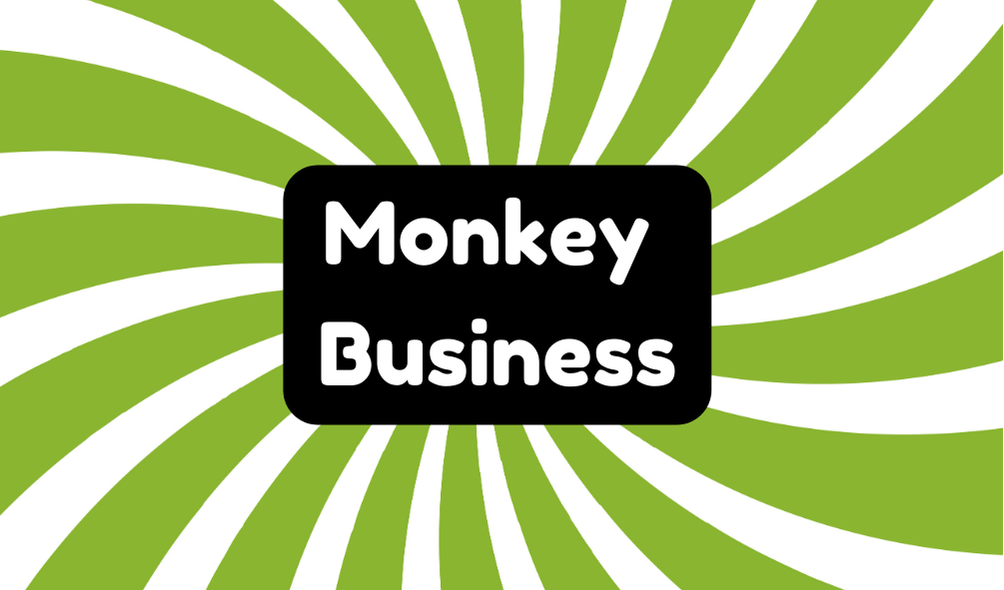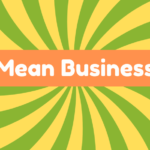"Monkey business" refers to playful or deceitful antics, often indicating a mix of fun and trickery. The term traces back to the early 19th century, evolving from "monkeyshine." Historically, it warned children against engaging in mischievous acts. Commonly used in casual contexts, phrases like "stop the monkey business" suggest a need for seriousness. This term reflects ongoing human tendencies toward mischief and can provide insight into social behaviors. More details can enhance understanding of its cultural significance.
Synonyms
When discussing the term "monkey business," it is important to understand its synonyms, which shed light on the term's meaning. These synonyms encapsulate the underlying notions of playful mischief intertwined with dishonesty, revealing a complex concept.
- Silly act
- Dishonest tricks
- To fool around
- Immoral or deceitful conduct
- Illegal activities
These alternatives highlight the range of behaviors associated with monkey business, from innocent silly antics to more sinister devious schemes. Recognizing these connections fosters a critical perspective, urging a deeper examination of behaviors often brushed off as mere folly, yet potentially carrying serious consequences.
Example of Sentences
The concept of "monkey business" manifests in various forms and scenarios, revealing its multifaceted nature. It often intertwines with silly pranks and dishonest schemes that disrupt daily life. Understanding this idiom can sharpen one's awareness of mischievous behavior. Consider these examples:
- "The neighbor's kids are up to their usual monkey business again."
- "Her excuse was just monkey business to evade responsibility."
- "The office pranksters engaged in monkey business during the meeting."
- "He's notorious for his monkey business, often tricking his friends."
- "The politician's monkey business has finally caught the public's attention."
Origin
Originating from an earlier term, "monkeyshine," which emerged in the 1830s, the phrase "monkey business" has evolved to encompass a variety of mischievous and dishonest behaviors. Its cultural significance is profound, as it reflects attitudes toward dishonesty and trickery across different societies. Historically, warnings against "monkey tricks" for children in England illustrate the term's linguistic journey. The phrase's first documented use in the late 19th century further cements its place in American vernacular. As society grapples with ethics, the historical context of "monkey business" serves as a reminder of the timeless human tendency toward deception and mischief.
Collocations
Collocations related to "monkey business" often highlight the term's nuanced and sometimes troublesome associations. These phrases emphasize the concept's tie to playful mischief and deceitful undertones. Understanding these variations can enrich one's grasp of the idiom's use in various contexts. Some common collocations include:
- "engaging in monkey business"
- "stop the monkey business"
- "monkey business as usual"
- "monkey business antics"
- "caught in monkey business"
Each expression reflects a different facet of the term, often pointing to the potential consequences of frivolity mixed with dishonesty. Observing these collocations can enhance one's linguistic precision and cultural understanding.
How to Use in Everyday Language
Using the term "monkey business" in everyday language can add a certain flair, but it is essential to recognize its implications. This phrase often refers to playful antics or mischievous behavior, making it fitting for light-hearted conversations. However, caution is advised; employing it carelessly may imply dishonesty or disregard for serious matters. In discussions about work or school, for instance, one might say, "Let's cut out the monkey business and focus," hinting at the need for seriousness. Accordingly, while "monkey business" provides a colorful touch, its usage should align with context to maintain clarity and respect.
Why Is It Still Relevant Today?
Although the phrase "monkey business" might seem lighthearted and amusing, it remains a relevant expression in today's language due to its association with both playful antics and more serious issues like deceit and dishonesty. Its cultural significance extends beyond just playful references; this idiom highlights modern usage in discussions about unethical behavior in various sectors, including business and politics. In an age characterized by constant innovation, awareness of honesty and integrity is essential. By continuing to employ this phrase, society emphasizes the importance of acknowledging both lighthearted mischief and the darker undertones of unethical conduct, reflecting prevailing social concerns.







